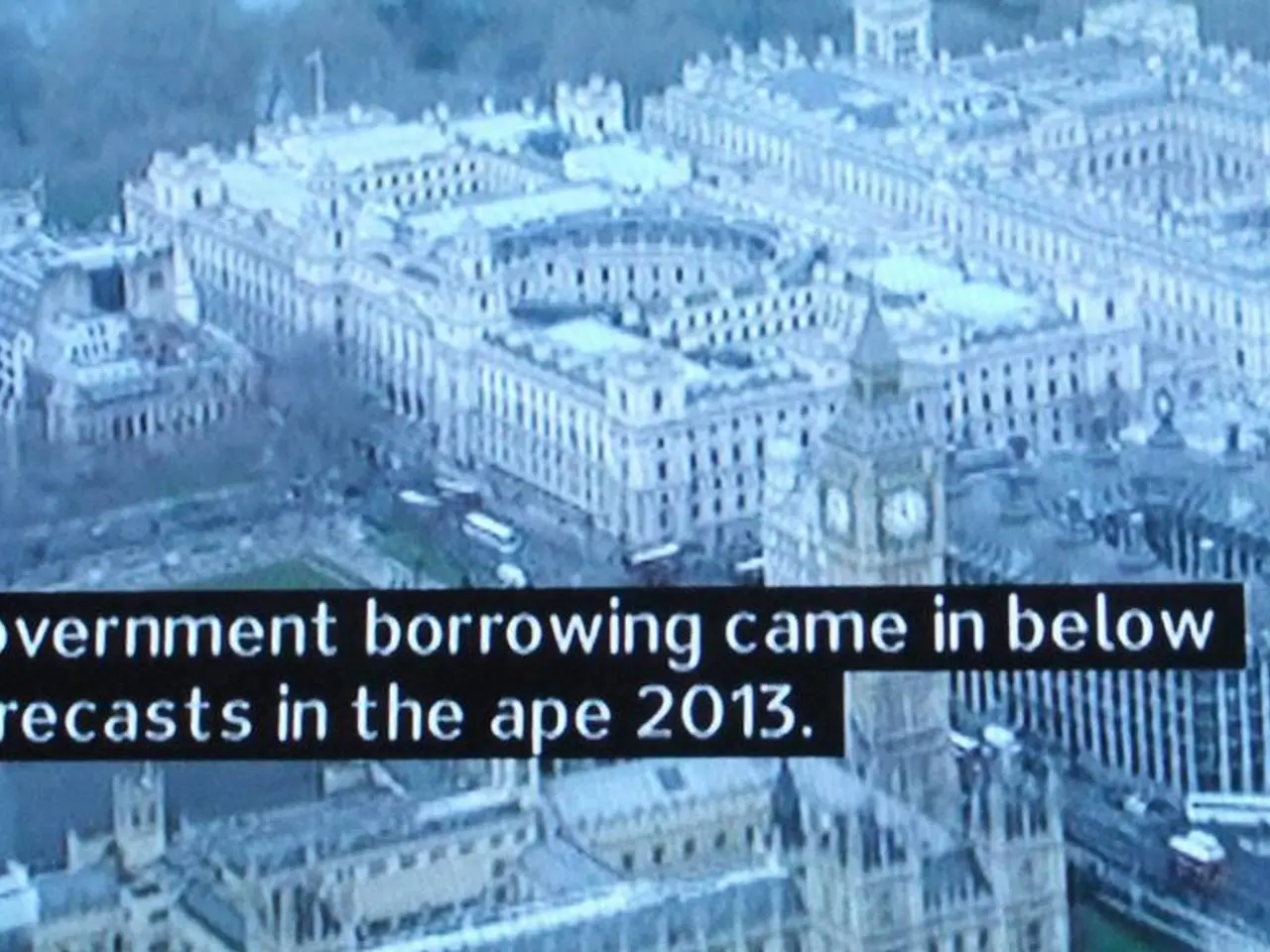Political leader Netanyahu declares that they are now at the final stretch of their electoral campaign.
As August 2025 approaches, Benjamin Netanyahu's government, established in December 2022 as Israel's thirty-seventh government, continues to face significant political challenges. The coalition, described as the most right-wing and religious government in Israel's history, was formed primarily with support from nationalist and religious parties [1].
Despite Mansour Abbas, the leader of the United Arab List and a key figure representing Arab-Israeli interests, being a pivotal figure in Israeli politics since the previous Knesset elections, there is no indication that Netanyahu has successfully formed a coalition government specifically in partnership with Abbas. Recent developments focus more on government survival challenges related to the draft law affecting Haredi Jews and the ongoing conflict in Gaza rather than coalition formation with Abbas [3].
Regarding the Gaza conflict, Netanyahu's government has escalated military operations dramatically, including plans for a full military takeover of Gaza, a decision opposed within the military leadership [2]. This ongoing conflict and internal political issues overshadow any new coalition talks involving Mansour Abbas.
In the broader political context, Abbas's role in government formation talks is not currently highlighted as active or decisive. Netanyahu succeeded in forming a government by December 2022 without a public mention of a formal coalition agreement with Mansour Abbas at this time [1]. Given the current right-wing and religious coalition orientation, cooperation with Mansour Abbas's Arab party, which traditionally has different political priorities, does not appear to be a current plan.
In a separate development, Knesset Speaker Amor Ohana and the active and enterprising Director General, Chico Edry, have made a special effort to bring the day of Froumine House's rehabilitation and perpetuation. Froumine House, an important part of the heritage of Israeli democracy from the first days of the state, will serve as the Knesset Museum. The speaker marked the fact of Israel's existence and independence in the heart of Jerusalem, during a time of great victories over those who sought to destroy them, and is working to overcome the remnants of the Iranian axis and free all hostages [4].
Israel was a classic parliamentary democracy during the referenced time period, embodying balance, harmony, and mutual respect between the authorities. The ancient democratic principle is the will of the majority, and the way to balance between the will of the majority and individual rights is through checks and balances between the authorities.
In conclusion, Netanyahu’s government formation with Mansour Abbas is not actively underway or reported as current as of August 2025; the government continues under a right-wing coalition formed in late 2022 while facing other significant political and security challenges. Meanwhile, efforts are being made to preserve and celebrate Israel's democratic heritage through the rehabilitation of Froumine House.
- The ongoing challenges faced by Netanyahu's government, particularly the draft law affecting Haredi Jews and the conflict in Gaza, are dominating the political landscape, while any coalition discussions involving Mansour Abbas seem to be overshadowed.
- Amidst war-and-conflicts, policy-and-legislation, and general-news, the significant political challenges faced by Netanyahu's government and the simultaneous rehabilitation of Froumine House as the Knesset Museum are shaping the discourse of Israeli politics in August 2025.




